How snacking on comfort foods like chips and cookies can affect your health
Advertisement
Experiences
How snacking on comfort foods similar chips and cookies can affect your health
Comfort foods similar chips and cookies, which incorporate 'fast carbs' such equally refined grains, starches, corn and sugar, can short-circuit our biology and accelerate the onset of diabetes and center disease.
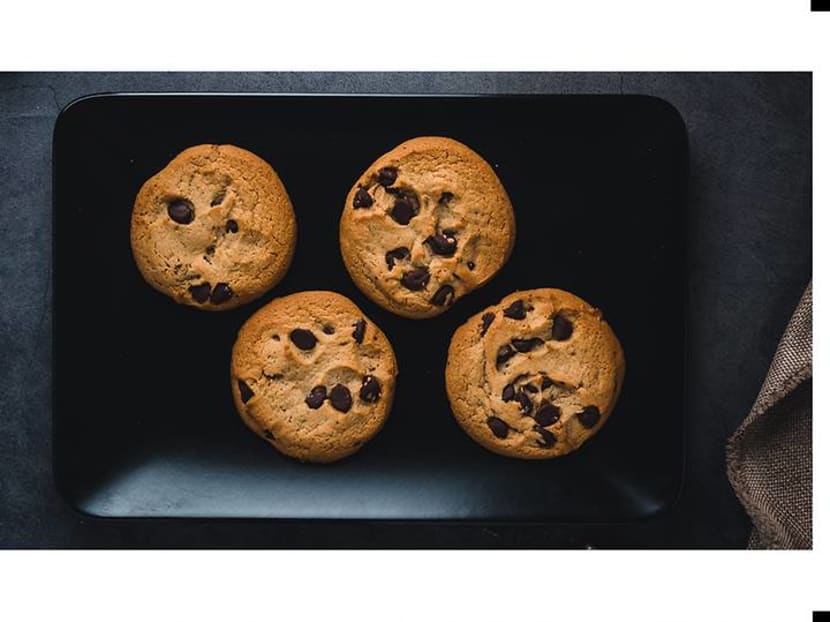
(Photo: Unsplash)
In recent weeks, foods of all kinds take flown off the shelves at grocery stores as people stocked upwardly to weather the coronavirus pandemic. Just sales of "comfort foods" similar tater fries, pretzels, pancake mix and cookies accept seen a specially dramatic surge. That may not be surprising: They are cheap, satisfying and shelf stable.
Unfortunately, for the many millions of people now sheltered at home, avoiding the urge to make frequent trips to the kitchen throughout the day to snack on these foods can be tricky.
But Dr David A. Kessler, a one-time commissioner of the US Nutrient and Drug Assistants (FDA), has a simple message for people who want to proceed their metabolic health and weight in check when temptation is just a few steps from their work space: Try to avoid eating foods that incorporate what he calls "fast carbs," such as refined grains, starches, corn and sugar.
These foods, similar bagels, breadstuff, breakfast cereals, juices, tortilla chips and annihilation made with processed flour, tend to exist highly processed and devoid of fibre. They are rapidly absorbed and converted to glucose in the trunk, causing claret sugar and insulin levels to spike and preventing the release of hormones that quench hunger.
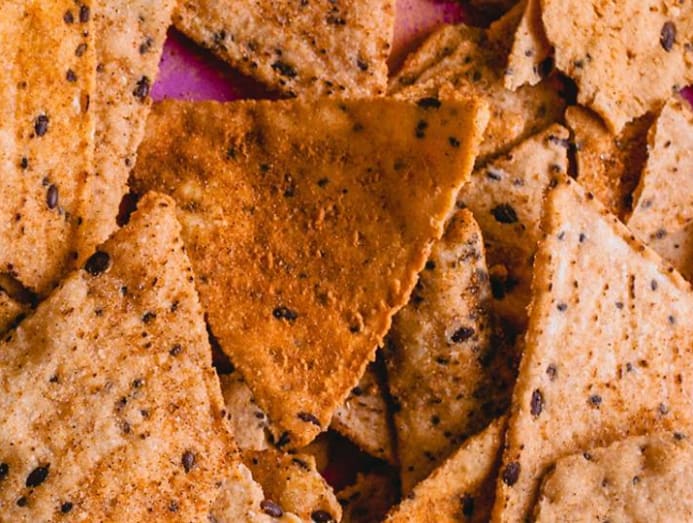
Over fourth dimension, researchers take found, this design of eating can wreak havoc on metabolic health, leading to weight gain and increasing the take chances of Type 2 diabetes and cardiovascular affliction, conditions that can increase the gamble of complications from COVID-nineteen.
In his new book Fast Carbs, Slow Carbs, Kessler explores the science backside highly processed carbohydrates and how they touch our physiology.
In many ways, Kessler is uniquely attuned to the problems with our modern food supply. During his tenure as commissioner of the FDA from 1990 to 1997, he helped design the nutrition facts label that appears on all packaged foods. After leaving the agency he served equally dean of Yale medical school. Then in 2009 he published The End of Overeating, which investigated how processed food companies design products that have powerful furnishings on the brain, leading people to crave and consume them uncontrollably.
Nonetheless even he is non immune from the problems plaguing many of u.s.. For years he yo-yo dieted and fought to control his weight. To this twenty-four hours he struggles to resist the pull of fast carbs – bagels are his biggest weakness – specially when stress and tensions are high.
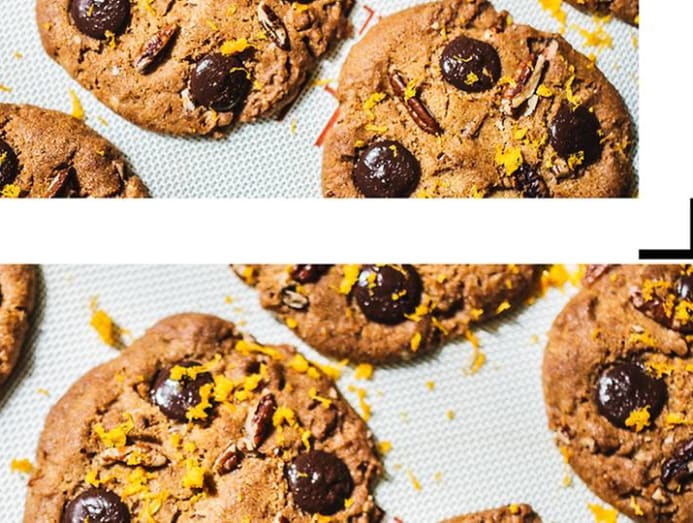
Obesity and metabolic disease are complex atmospheric condition, driven past a variety of factors, including genetics, environment, diet and lifestyle. But after poring over decades of research and interviewing leading nutrition researchers, Kessler found that one thing most successful diets have in common is that they limit highly processed carbs.
Yet foods that contain these fast carbs have become a mainstay for many people. Co-ordinate to the US federal government, grain-based desserts such every bit cookies, doughnuts and granola bars are the largest source of calories in the American diet, followed past breads, sugary drinks, pizza, pasta dishes and other processed foods. About threescore per cent to 70 per cent of candy foods contain refined wheat, corn, tapioca, rice, potatoes and other fast carbs as their primary ingredient.
Humans accept been processing foods in various ways for thousands of years, whether cooking, boiling, grinding or milling them. Simply Kessler argues that the industrial processing of carbs that occurs today has a far more pronounced effect on food than the techniques used by our ancestors.
"If cooking and milling were early forms of processing," he writes, "today's nutrient manufacturing strategies are more aptly called ultraprocessing."
Nearly of the grains that are used in foods like breakfast cereals, corn chips and crackers are milled past high-speed steel rollers. Then they are further pulverised through a multifariousness of high-pressure level techniques. One of these is extrusion cooking, a thermal and mechanical process that dramatically alters the chemical structures of grains, breaking down their long chains of glucose into smaller starch molecules that can be rapidly digested.
"The concrete backdrop of the original starch molecule are no longer the aforementioned," Kessler wrote. "The granule construction has been destroyed, the glucose polymer chains take been reduced in size, and their area has expanded, which increases how fast we absorb these foods from our digestive tract into our bloodstream."
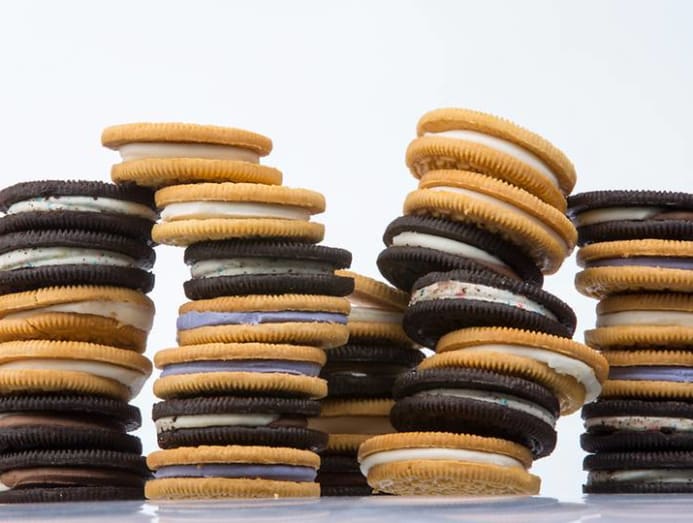
Our intestines average about 7.6m in length, an evolutionary adaptation that allows united states to gradually excerpt glucose from relatively intact starches equally they move through our systems. Simply processes similar extrusion essentially predigest starches for us: They make it in our stomachs every bit a soft, porous paste, and the glucose they contain is largely absorbed in the first part of the pocket-sized intestine beyond the stomach, the duodenum, circumventing the need to travel through the whole digestive tract.
"Highly processed carbs brusque-circuit our innate biology," Kessler wrote. "The laborious series of steps we adult over millennia to digest whole fruits, grains and vegetables through the entire length of the digestive system is undermined."
"Highly candy carbs short-excursion our innate biology." – Dr David A. Kessler
This creates a number of metabolic bug.
Dull carbs like broccoli, beans and brown rice slowly release glucose equally they travel through our systems, eventually reaching the lower parts of the gastrointestinal tract. There they trigger a hormone chosen GLP-1 that tells our bodies we are existence fed, resulting in feelings of satiety. Simply because fast carbs are chop-chop absorbed in the upper parts of the digestive tract, they flood our systems with glucose and insulin, the fatty-storage hormone, while failing to stimulate GLP-1. As a upshot, Kessler said, they fail to plow off our hunger switch.
At the same fourth dimension, studies advise, they elicit a stiff neurological response, lighting up the reward centre in the brain in a way that compels people to eat more even when they are not hungry. Processing also affects the amount of calories that we blot from our food. When we consume a starchy carb that is minimally processed, much of it passes through the small intestine undigested. Then it is either used by leaner in the colon or excreted. Industrial processing makes more of those calories available to our bodies, which can advance weight gain.
Kessler stressed that he is non telling people they should never consume these foods – simply to be mindful almost what they are and how they impact their wellness. The less often you eat them, he said, the less yous volition crave them.
He encourages people to follow three steps to improve their health. Limit fast carbs and prioritise wearisome carbs like beans, legumes, whole grains, nuts, fruits and vegetables. Watch your LDL cholesterol, a stiff commuter of heart illness, and consume a largely found-based nutrition to help lower information technology if necessary. And lastly, engage in daily practice to help control your weight and better your overall metabolic health.
"When we get through this current epidemic, we are all going to want to be good for you," he said. "We know what information technology takes. But doing information technology is really difficult, and nosotros accept to work on it."
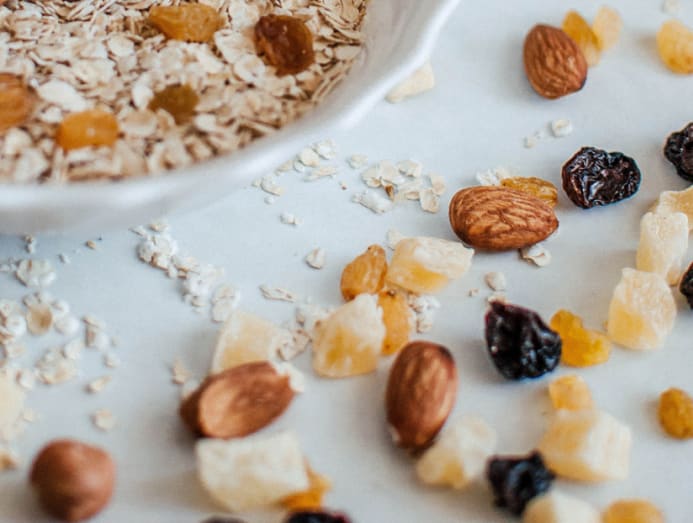

0 Response to "How snacking on comfort foods like chips and cookies can affect your health"
Post a Comment